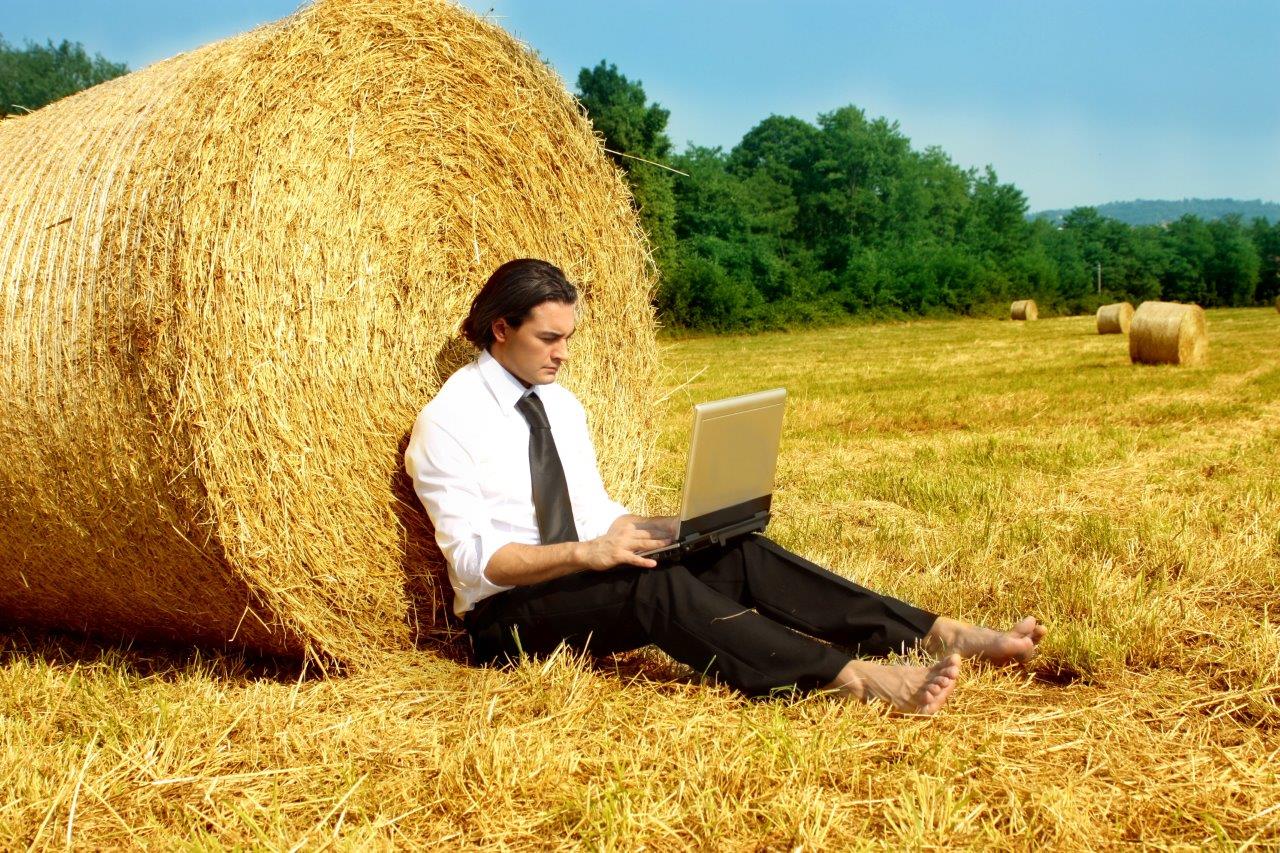
Sustainable capitalism depends on me, on you, on all of us
We are ALL consumers and we have a lot of power!
Companies are well aware that in a free market system, they depend on consumer choice in order to sell their products and services.
If a business doesn’t sell, it’s not going to last long!
That’s why companies have been carrying out the strategy of customer analysis for some time. They want to know about customer needs, preferences, ways of thinking, etc. etc.; everything that helps to get customers’ attention and, ultimately, their business. Companies try to meet the needs of customers by investing in surveys, management systems and by doing whatever else they can in order to achieve this goal, in accordance with business logic.
Capitalism, liberalism and free market competition work reasonably well because they reflect and interpret reality.
They are not perfect systems but rather perfectible systems, to the extent that they can actually improve reality (in regards to ethical values).
Experience has shown us that when regulations are increased to a certain level, everything starts to fall apart, regardless of the good intentions behind it. Trying to adapt reality to our needs and desires distorts things and creates consequences.
However, we can modify reality with our behaviors.
If I demand as a consumer that the products and services I consume are made in ethical and sustainable ways, then the market will react immediately and produce them in that way.
If I don’t make use of this right, then I’m left to the good intentions and possible actions of businessowners (and for the record, this applies to the public in a similar way, but that’s another story) and, like with anything, there are good ones and bad ones.
So, why not award the good ones with my business?
If I choose to pay less without caring whether my supplier causes contamination, human rights abuses, etc., then I have to assume that I am the same or worse.
And if I buy something at the same price without taking into consideration the way the goods were produced, then I’m going against logic and common sense.
If I’m not a responsible citizen, then I am a hypocrite to demand things that I’m incapable of doing myself.
I just saw on the news that several international retailers have suppliers in Turkey that allegedly employ undocumented Syrian refugees, some of them underage (BBC UK, 24 October 2016). According to the BBC’s “Panorama” investigation, the British brands Marks & Spencer, Next and Asos use suppliers that allegedly employ underage Syrian immigrants in Turkey or pay extremely low wages to adults, taking advantage of their situation.
Personally, I make sure not to buy any products from these businesses unless they can prove their innocence.
For example, I decided never to buy another vehicle from Volkswagen ever since it came out that their senior management orchestrated organized fraud against consumers while hypocritically presenting themselves as champions for the environment.
Thanks to the court judgments and attitudes of many consumers, VW is receiving a harsh punishment (although not as harsh as I would like in order for it to set an example for the industry; I haven’t even seen one person go to jail for this conspiracy to pollute and deceive!).
“On Friday, VW released their financial statements from last year and reported a net loss of 5.5 billion euros (about 6.2 billion dollars). They reported that they have reserved around 16.2 billion euros (18.2 billion dollars) in order to cover the costs of the scandal.”
I haven’t bought any Japanese products for years – not until they stop their whaling industry, which is administered by the Japanese government, a huge bureaucracy of research budgets, annual plans, promotions and pensions.
And so it goes.
Now I rely on the ability to access real-time information in order to make more informed decisions.
We have to make businesses understand that it’s more difficult to mislead consumers now and that it’s going to end up being more costly to do things badly than to do them well.
And we should give our business to responsible businessowners that comply with their duties as citizens and that are leaders in social and economic development in their communities.
Responsible citizenship and corporate social responsibility are the true paths to improving our world.

